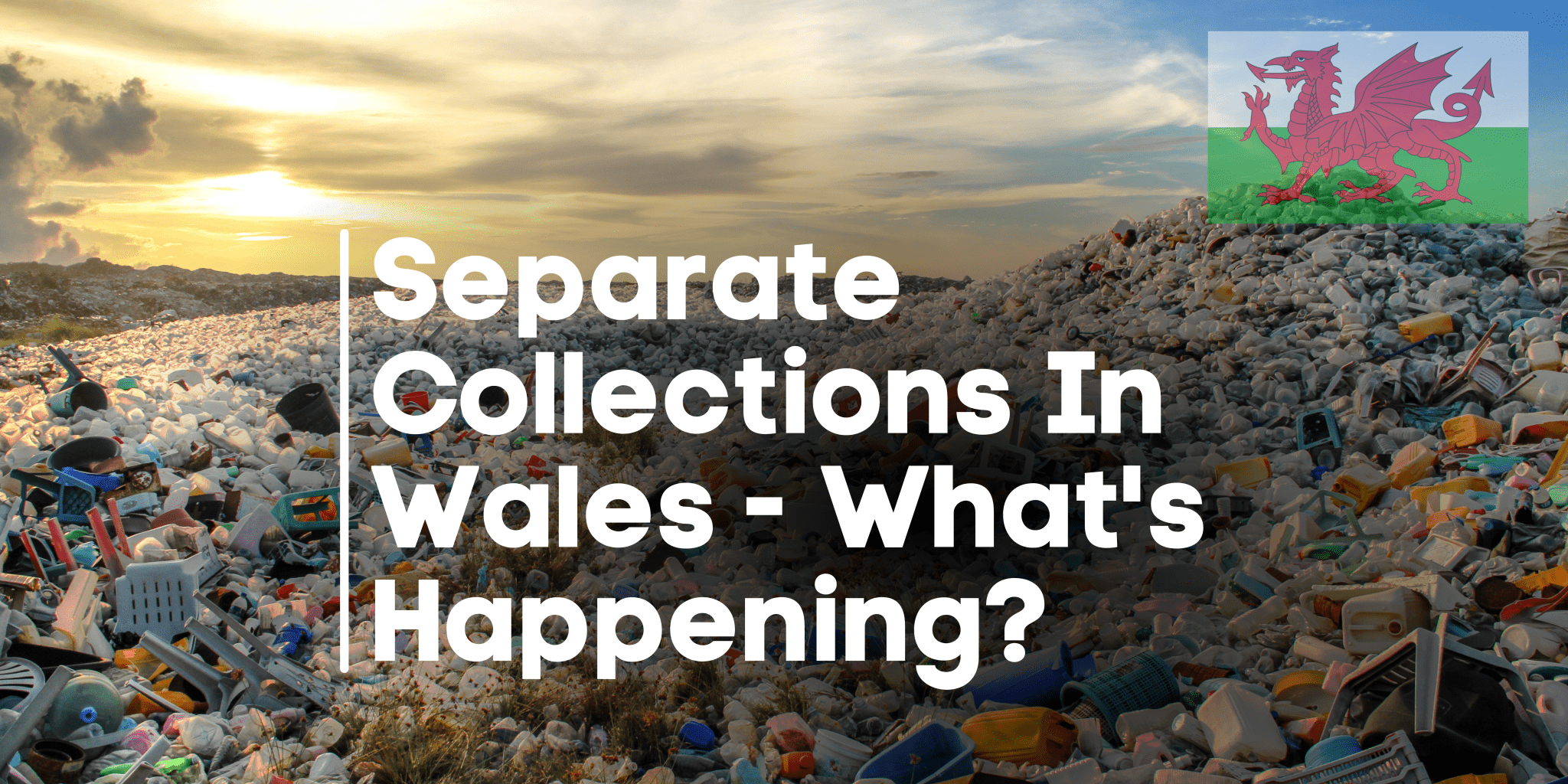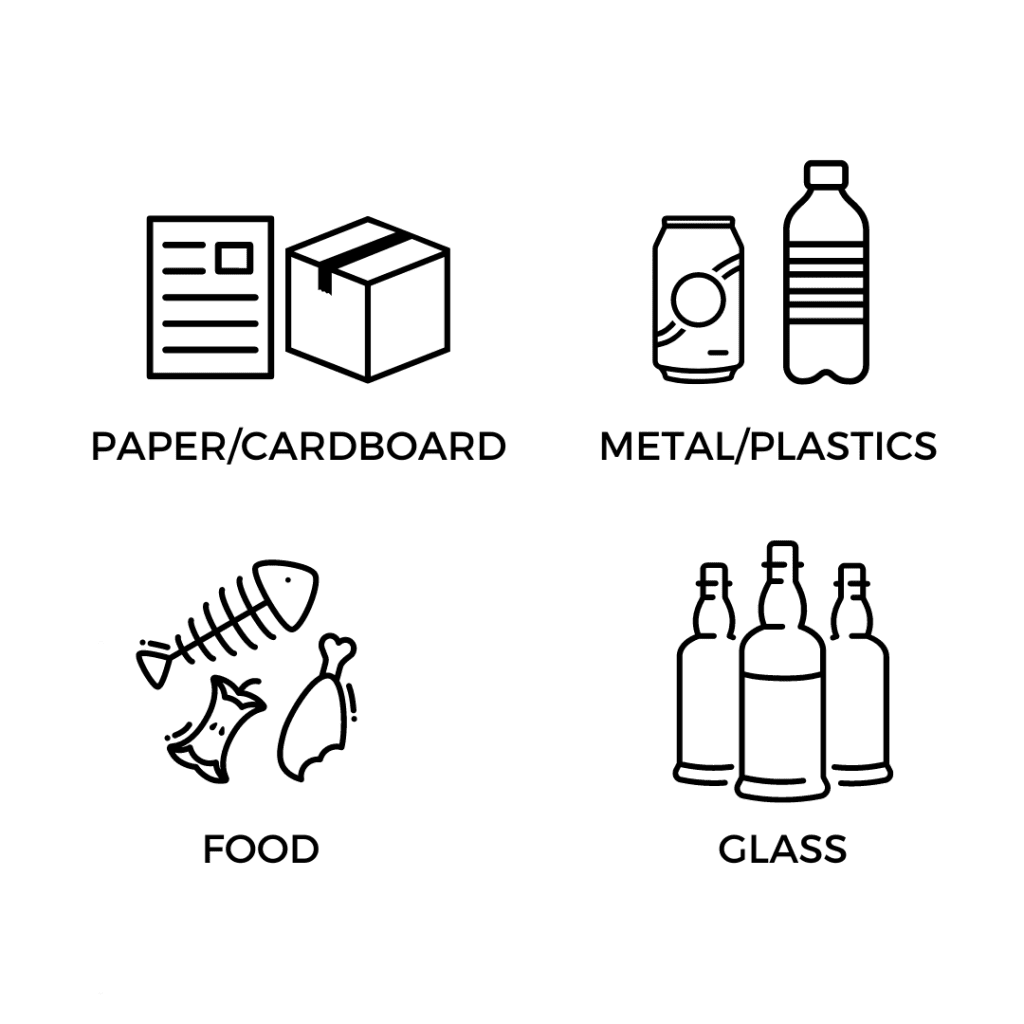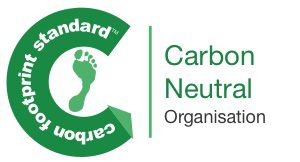Separate Collections in Wales – What’s Happening?
The countdown is on until April 2024, when, all workplaces in Wales must segregate key recyclable streams for separate collections by waste contractors.
At a high-level, ASH support the Welsh governments aims of increasing the overall recycling rate in one part of the United Kingdom. At a household level, the ambition and progress shown is way beyond what the rest of the UK has achieved; ~65% recycling in Wales compared to 43% – 50% across England, Scotland and Northern Ireland. Wales has clearly led the way.
Whatever your feelings on climate change – and we have to accept or at least acknowledge that not everyone feels it is man-made, even if the evidence is overwhelming – recycling is surely seen by most as a good thing to do, for many a no-brainer, and for some an absolute necessity. It is only a small part of the action required, but an important one nonetheless.
The legislation will require separation of:
It will also require separate collections of WEEE and textiles to be phased in.
At ASH, we recognise the need to try to minimise our impact on the environment. We generate excess solar energy on our sites to feed into the national grid, have installed EV chargers at our offices, are certified Carbon Neutral and our latest waste collection vehicles are fitted with solar panels on the roof to reduce the amount of fuel needed in carrying out collections.
In short, we’re all for it. We already do separate collections of glass, WEEE and food waste and provide a Dry Mixed Recycling round for co-mingled recyclables.
That being said, there is still a lot of uncertainty on how the Waste Separation Requirements (Wales) Regulations (title still TBC) will work when they come into force on 6 April 2024. Our HSEQ Director Steve Rymill recently attended a webinar for environmental professionals presented by Andy Rees who is the Head of Waste Strategy for the Welsh Government. Mr Rees gave an overview of the move towards separate collections and what the key material streams will be.
Attendees had a chance to submit questions to Andy, so Steve took the opportunity to ask a number of questions;
- What does a business do if they don’t create more than a couple of items of the target materials?
- Will Natural Resources Wales, who will be the enforcers of the legislation, take a pragmatic approach to enforcement?
- What happens if the waste presented for collection is heavily contaminated – do we treat it as recycling or residual waste?
- What happens if a workplace refuses to have anything other than a general waste collection?
- Are there any legislative impacts for businesses like us who collect waste in both England and Wales using the same vehicles where the legislation is different?
All the answers were non-committal. To some extent, this is understandable as they are still working through the detail and what is not known needs to be carefully managed. What Andy was able to say was that there will soon be a national awareness campaign to highlight the upcoming changes. He did also state that many of my questions, and those asked by my peers from elsewhere, were currently with their lawyers as they contemplate the impacts and redraft the Code of Practice. They are somewhat fearful of opening the floodgates to abuse, again understandable.
We shall wait with interest for changes to something that we fundamentally support but that we feel needs more clarity urgently; 8 months is not a long time in business.
Whatever the outcome, we are ready and can get the ball rolling immediately. Any business concerned about how this will impact them should contact us for a discussion.




